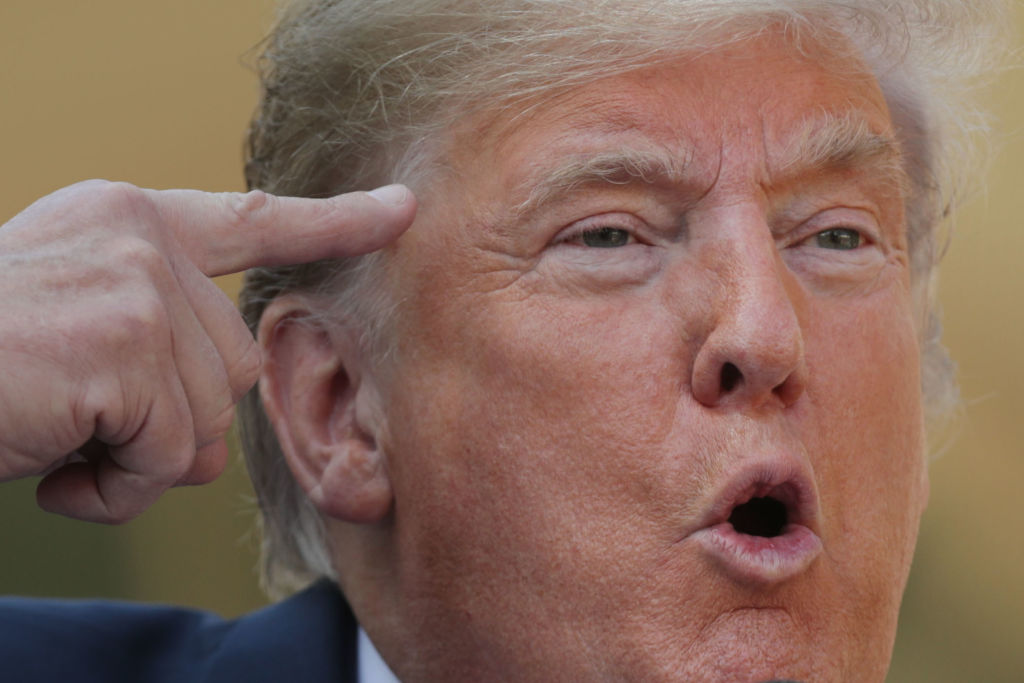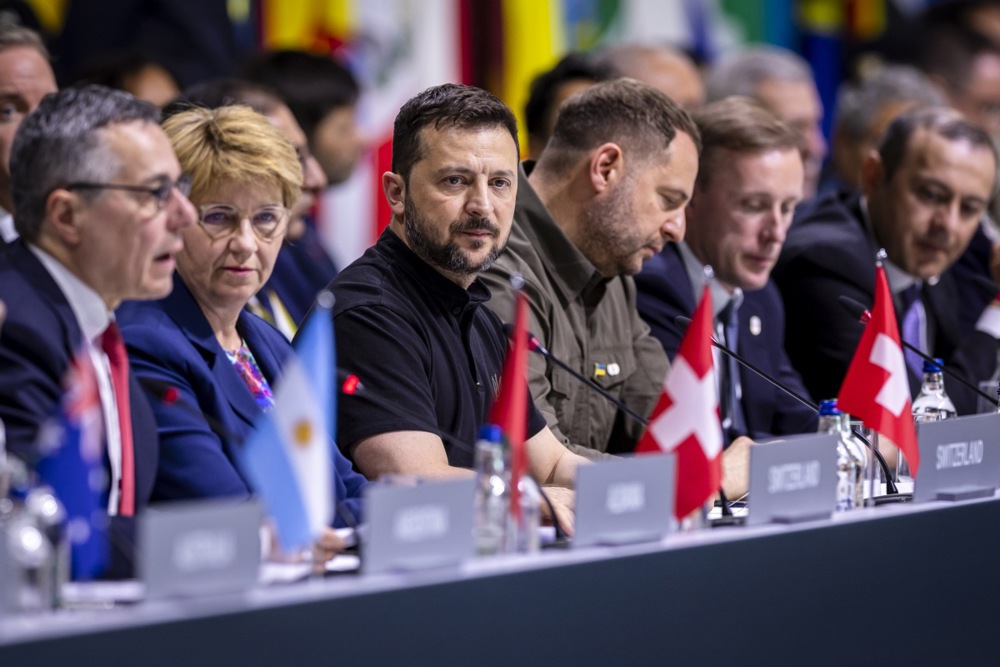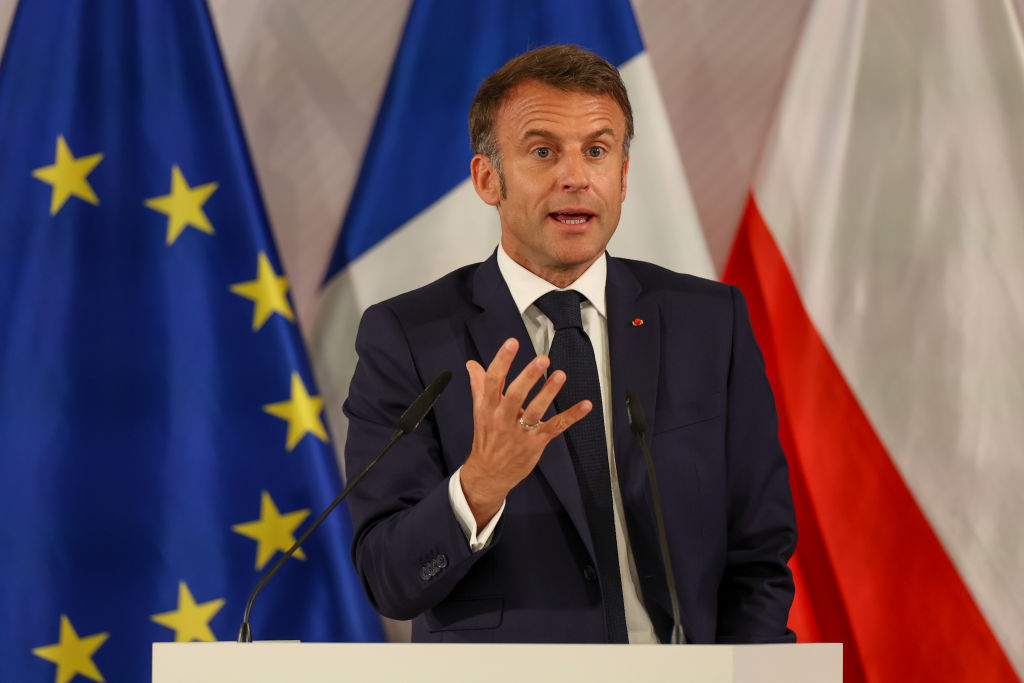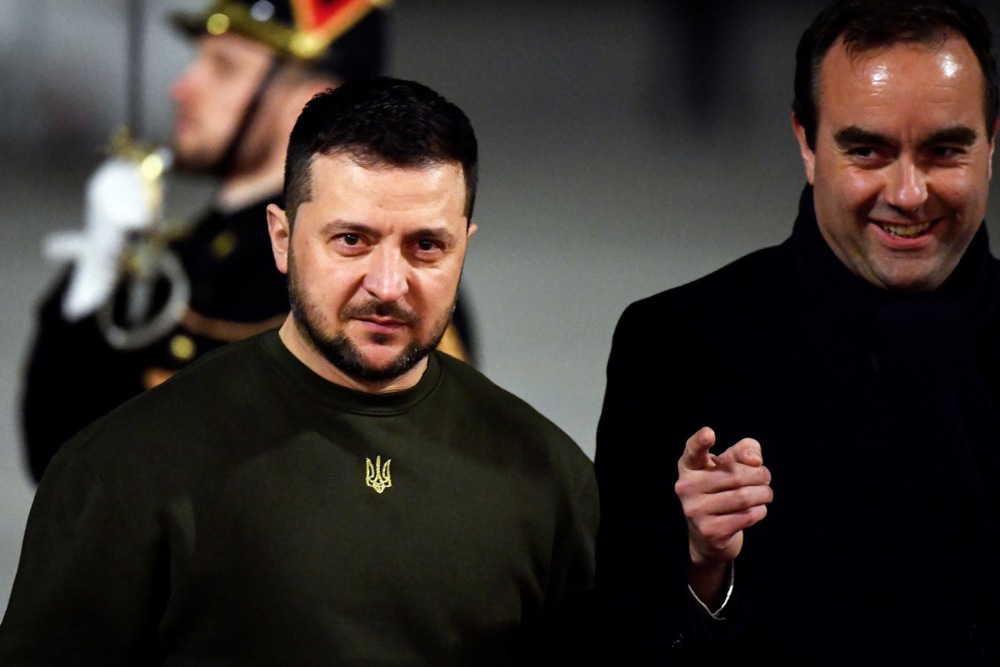Keith Kellogg and Fred Fleitz, two key advisers to US presidential hopeful Donald Trump, have presented the former president with a plan to end Russia’s war in Ukraine based on telling Kyiv it will only get more US weapons if it enters into peace talks.
Washington would at the same time warn Moscow that any refusal to negotiate would result in increased support for Ukraine, retired Lieutenant General Keith Kellogg said in an interview with Reuters published on June 25.
The pair presented their strategy to Trump who responded favourably, Fleitz said.
“I’m not claiming he agreed with it or agreed with every word of it, but we were pleased to get the feedback we did,” he said.
Kellogg said it would be crucial to get Russia and Ukraine to the negotiating table quickly if Trump won the upcoming US election.
“We tell the Ukrainians, ‘You’ve got to come to the table, and if you don’t come to the table, support from the United States will dry up’,” he said. “And you tell Putin, ‘He’s got to come to the table and if you don’t come to the table, then we’ll give Ukrainians everything they need to kill you in the field.'”
Under the plan drawn up by Kellogg and Fleitz, who served as chiefs of staff in Trump’s National Security Council during his 2017-2021 presidency, there would be a ceasefire based on prevailing battle lines during peace talks.
A number of world leaders will meet in Switzerland to look for possible solutions to the conflict in Ukraine, but without Russia.https://t.co/vzqUN60hNk
— Brussels Signal (@brusselssignal) June 14, 2024
The Kremlin said that any peace plan proposed by a possible future Trump administration would have to reflect the reality on the ground but President Vladimir Putin remained “open” to talks.
“The value of any plan lies in the nuances and in taking into account the real state of affairs on the ground,” Kremlin spokesman Dmitry Peskov told Reuters.
“President Putin has repeatedly said that Russia has been and remains open to negotiations, taking into account the real state of affairs on the ground,” he said. “We remain open to negotiations.”
According to Kellogg and Fred Fleitz, Moscow could also be coaxed to the negotiating table with the promise of NATO membership for Ukraine being put off for an extended period.
Fleitz said Ukraine need not formally cede territory to Russia under their plan. Still, he said, Ukraine was unlikely to regain effective control of all its territory in the near term.
“Our concern is that this has become a war of attrition that’s going to kill a whole generation of young men,” he said.
A lasting peace in Ukraine would require additional security guarantees for Ukraine, Kellogg and Fleitz said.
Fleitz added that “arming Ukraine to the teeth” was likely to be a key element of that.
The proposal would mark a major shift in the US position on the war and may well face opposition from Trump’s Republican Party, according to experts.
Some Republicans will be reticent to pay for more resources to Ukraine under the plan and the US has already spent more than $70 billion on military aid for Ukraine since Moscow’s invasion.
“What [Trump’s supporters] want to do is reduce aid, if not turn off the spigot,” said Charles Kupchan, a senior fellow at the Council of Foreign Relations.
During a meeting of the United Nations Security Council, French and British ambassadors reiterated their view that peace could only be sought if Russia withdrew from Ukrainian territory, a position Kyiv shares.
Several analysts also expressed concern that the Kellogg and Fleitz plan could give Moscow the upper hand in talks.
“What Kellogg is describing is a process slanted toward Ukraine giving up all of the territory that Russia now occupies,” said Daniel Fried, a former assistant secretary of state who has worked on Russia policy.
World leaders gathered in Switzerland for a summit seeking peace in Russia’s war Ukraine have come away enpty-handed.https://t.co/n0Cmj4cHUA
— Brussels Signal (@brusselssignal) June 17, 2024





